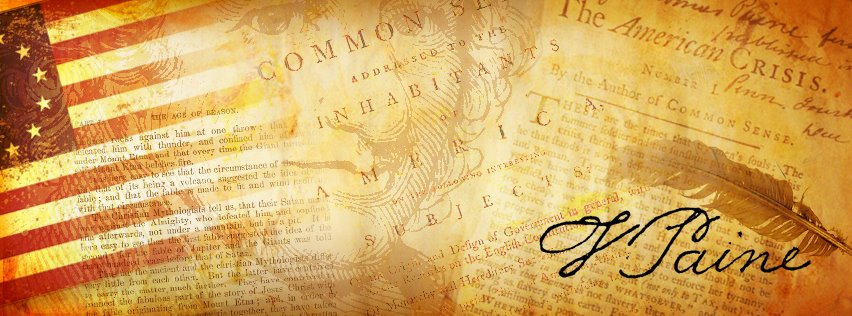THE WORK of which we offer a translation to the public has created the greatest sensation in England. Paine, that man of freedom, who seems born to preach “Common Sense” to the whole world with the same success as in America, explains in it to the people of England the theory of the practice of the Rights of Man.
Owing to the prejudices that still govern that nation, the author has been obliged to condescend to answer Mr. Burke. He has done so more especially in an extended preface which is nothing but a piece of very tedious controversy, in which he shows himself very sensitive to criticisms that do not really affect him. To translate it seemed an insult to the free French people, and similar reasons have led the editors to suppress also a dedicatory epistle addressed by Paine to Lafayette.
The French can no longer endure dedicatory epistles. A man should write privately to those he esteems: when he publishes a book his thoughts should be offered to the public alone. Paine, that uncorrupted friend of freedom, believed too in the sincerity of Lafayette. So easy is it to deceive men of single-minded purpose! Bred at a distance from courts, that austere American does not seem any more on his guard against the artful ways and speech of courtiers than some Frenchmen who resemble him.
To M. de la Fayette.
AFTER an acquaintance of nearly fifteen years in difficult situations in America, and various consultations in Europe, I feel a pleasure in presenting to you this small treatise, in gratitude for your services to my beloved America, and as a testimony of my esteem for the virtues, public and private, which I know you too possess.
The only point upon which I could ever discover that we differed was not as to principles of government, but as to time. For my own part I think it equally as injurious to good principles to permit them to linger, as to push them on too fast. That which you suppose accomplishable in fourteen or fifteen years, I may believe practicable in a much shorter period. Mankind, as it appears to me, are always ripe enough to understand their true interest, provided it be presented clearly to their understanding, and that in a manner not to create suspicion by anything like self-design, nor offend by assuming too much. Where we would wish to reform we must not reproach.
When the American revolution was established I felt a disposition to sit serenely down and enjoy the calm. It did not appear to me that any object could afterwards arise great enough to make me quit tranquility and feel as I had felt before. But when principle, and not place, is the energetic cause of action, a man, I find, is everywhere the same.
I am now once more in the public world; and as I have not a right to contemplate on so many years of remaining life as you have, I have resolved to labour as fast as I can; and as I am anxious for your aid and your company, I wish you to hasten your principles and overtake me.
If you make a campaign the ensuing spring, which it is most probable there will be no occasion for, I will come and join you. Should the campaign commence, I hope it will terminate in the extinction of German despotism, and in establishing the freedom of all Germany. When France shall be surrounded with revolutions she will be in peace and safety, and her taxes, as well as those of Germany, will consequently become less.
Your sincere,
Affectionate Friend,
THOMAS PAINE.
LONDON, Feb. 9, 1792.
